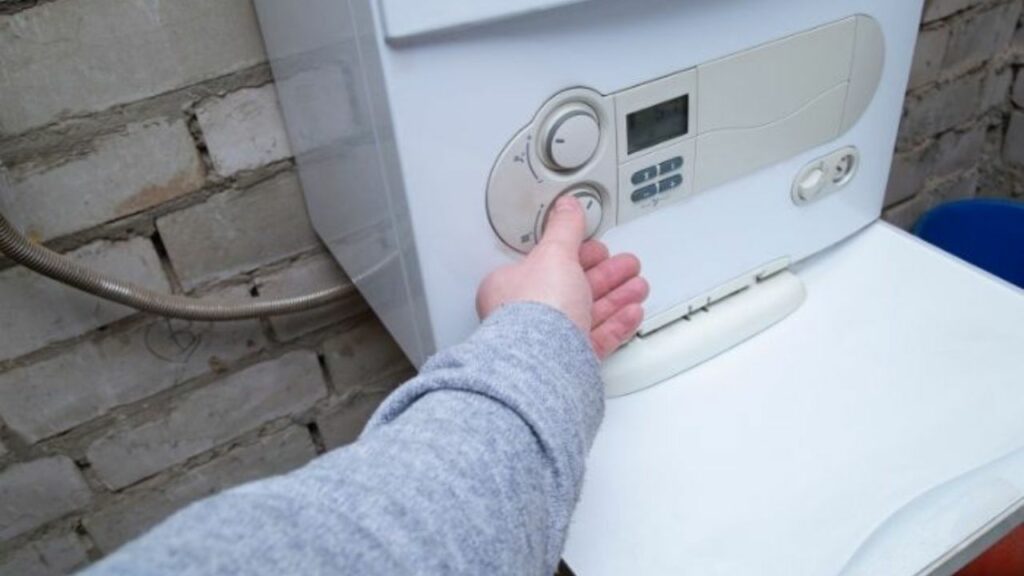While gas boilers have gained popularity for their efficiency and environmental benefits, oil boilers still have their place in the heating market. If you’re considering a boiler upgrade, it’s important to weigh the advantages of upgrading to an oil boiler, especially if your home is not connected to a natural gas supply. In this blog, we will explore the benefits of upgrading to an oil boiler, helping you make an informed decision for your heating needs.
1. Versatility
One of the significant advantages of oil boilers is their versatility. Unlike gas boilers that rely on a natural gas supply, oil boilers can be installed in homes that are not connected to the gas grid. This makes oil boilers a practical choice for rural areas or properties where access to natural gas is limited or unavailable.
Additionally, oil can be easily stored on-site in a tank, providing homeowners with a consistent and reliable source of fuel. This independence from gas infrastructure can be a crucial factor for some homeowners.
2. Efficiency and Modern Technology
While older oil boilers may have had a reputation for being less efficient, modern oil boilers have come a long way in terms of energy efficiency and technology. Newer models are designed to maximize fuel efficiency and minimize waste. Many oil boilers now have efficiency ratings comparable to, or even exceeding, those of gas boilers.
Advanced features, such as digital controls and programmable thermostats, allow homeowners to fine-tune their heating systems for optimal performance and energy savings. This means that upgrading to a modern oil boiler can lead to reduced energy consumption and lower heating bills.
3. Lower Upfront Costs
In some cases, upgrading to an oil boiler can be more cost-effective in terms of the initial investment. The cost of installing a gas boiler may be significantly higher if your home does not have an existing natural gas supply. On the other hand, oil boilers can be installed without the need for a gas connection, potentially saving you money on infrastructure and installation costs.
It’s essential to consider your specific circumstances and budget when deciding between a gas and oil boiler upgrade. While gas boilers may offer long-term savings in terms of lower energy bills, the lower upfront cost of an oil boiler can be appealing for some homeowners.
4. Durability and Longevity
Oil boilers are known for their durability and longevity. When properly maintained, an oil boiler can last for many years, providing reliable heating for your home. Routine maintenance, such as annual cleaning and inspection, can help ensure that your oil boiler operates efficiently and continues to function for an extended period.
Additionally, oil boilers are less prone to corrosion compared to some gas boilers. This can be advantageous, especially in regions with harsh weather conditions. The durability of oil boilers can make them a cost-effective choice over the long term.
5. Independence from Utility Grids
Oil boilers provide homeowners with independence from utility grids and potential disruptions in the gas supply. This is particularly important in areas prone to natural disasters or extreme weather events. When the power goes out, and gas supplies are interrupted, homes with oil boilers can continue to have access to heat as long as there is oil in the tank.
This self-reliance can be a significant advantage for homeowners who value heating system resilience and continuity, especially in remote or rural areas.
6. Improved Technology for Emissions Reduction
Concerns about emissions and environmental impact have led to advancements in oil burner technology. Modern oil burners are designed to reduce emissions and improve combustion efficiency. Low-NOx (nitrogen oxide) burners are one example, which help minimize the release of harmful pollutants into the atmosphere.
While oil is still a fossil fuel and produces carbon dioxide when burned, these technological advancements contribute to a cleaner and more environmentally responsible operation of oil boilers. If environmental concerns are a priority for you, be sure to look for oil boilers equipped with advanced burner technology.
7. Compatibility with Biofuels
Another eco-friendly option for oil boilers is the use of biofuels. Biofuels are renewable energy sources made from organic materials like vegetable oils or animal fats. Many modern oil boilers can be adapted to use biofuels, further reducing their environmental impact.
By switching to biofuels, homeowners can significantly reduce their carbon footprint and support more sustainable heating practices. The availability of biofuels may vary by region, so it’s essential to check with local suppliers and regulations if you are interested in this option.
8. Consideration for Existing Oil Infrastructure
If your home already has an existing oil heating system, upgrading to a new oil boiler can be a seamless process. The infrastructure, including the oil tank and delivery system, is already in place, which can simplify the installation and reduce costs compared to switching to a different fuel source.
Before making a decision, it’s advisable to have your existing oil system inspected to determine its condition and assess whether it can be integrated with a new oil boiler.
Conclusion
While gas boilers have gained popularity in recent years, oil boilers still offer several advantages, including versatility, efficiency, durability, and independence from utility grids. The decision to upgrade to an oil boiler should be based on your specific circumstances, including your location, budget, and heating needs.
Before making a choice, it’s essential to consult with a qualified heating professional who can assess your home and provide guidance on the most suitable heating system for you. Whether you opt for a gas or oil boiler, upgrading to a modern, energy-efficient model can enhance your home’s comfort, reduce energy consumption, and contribute to a more sustainable future.

